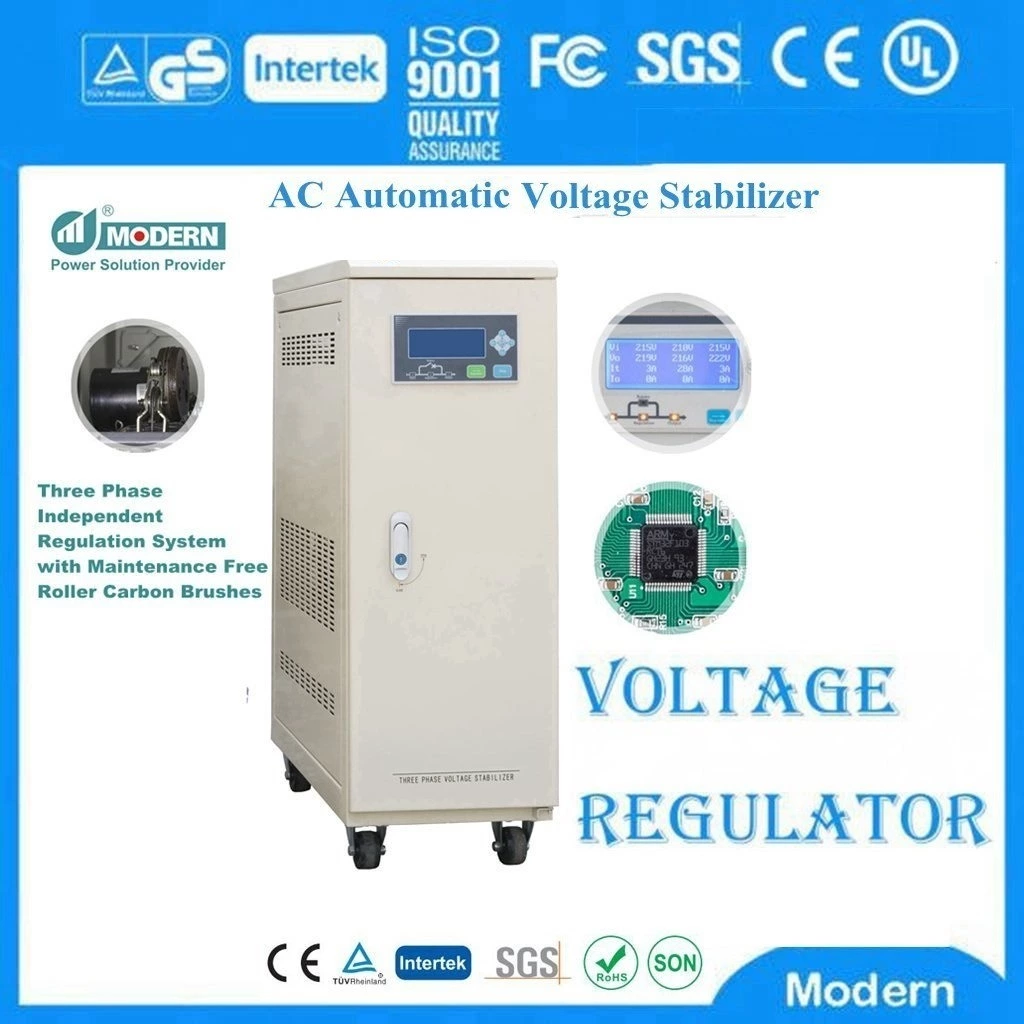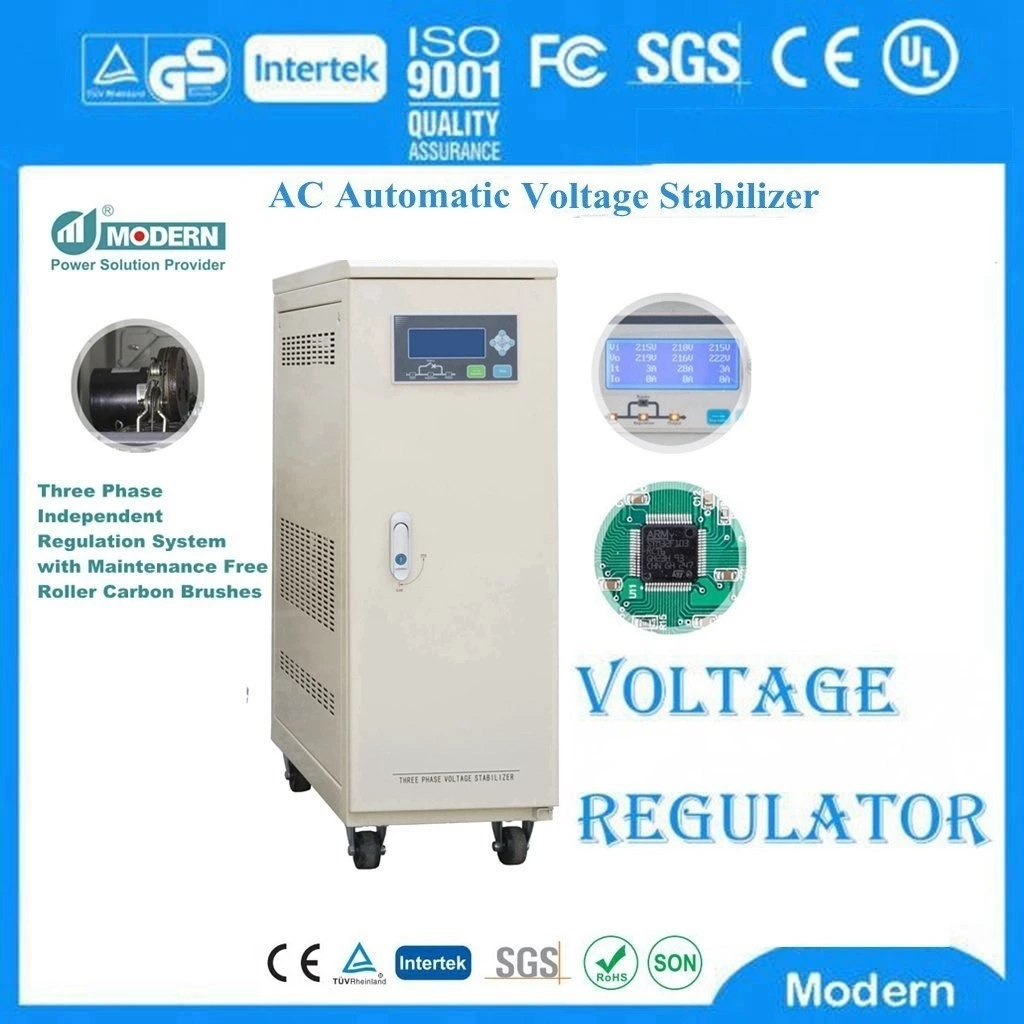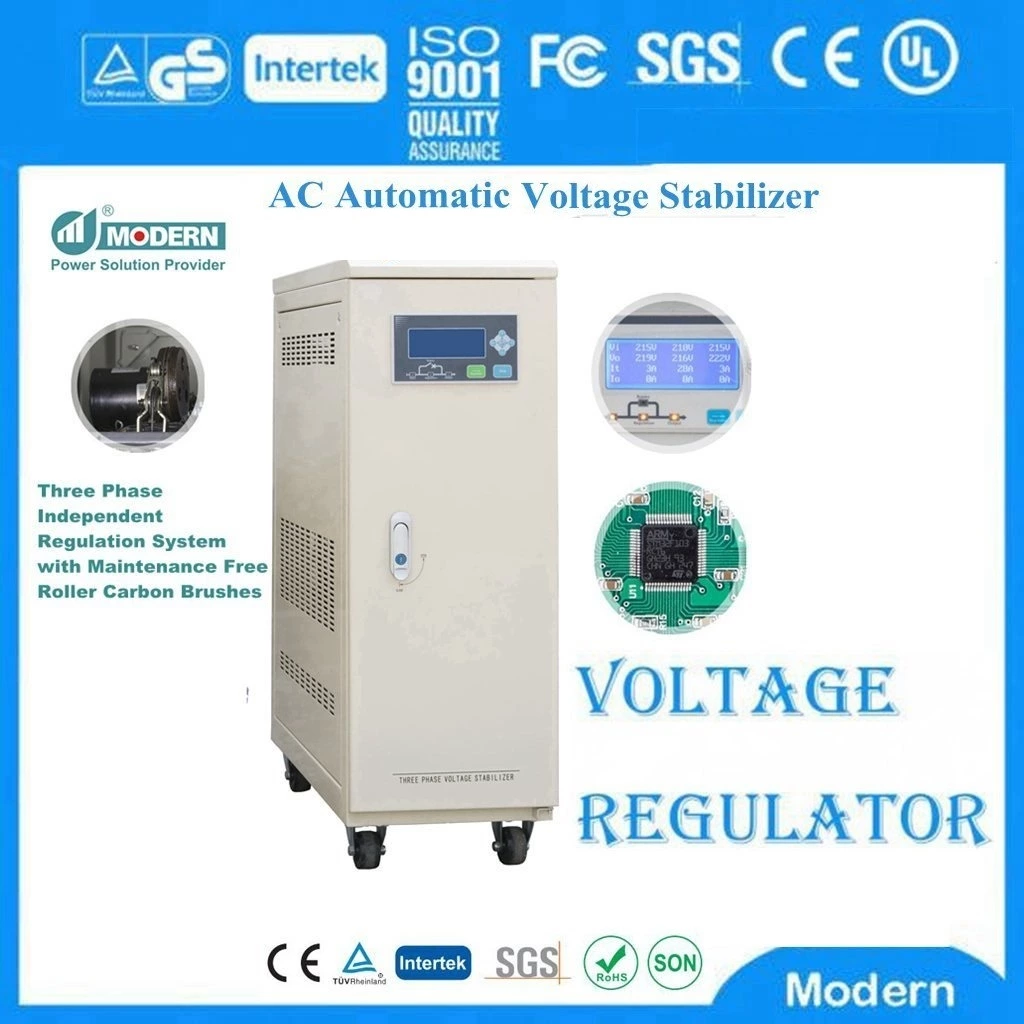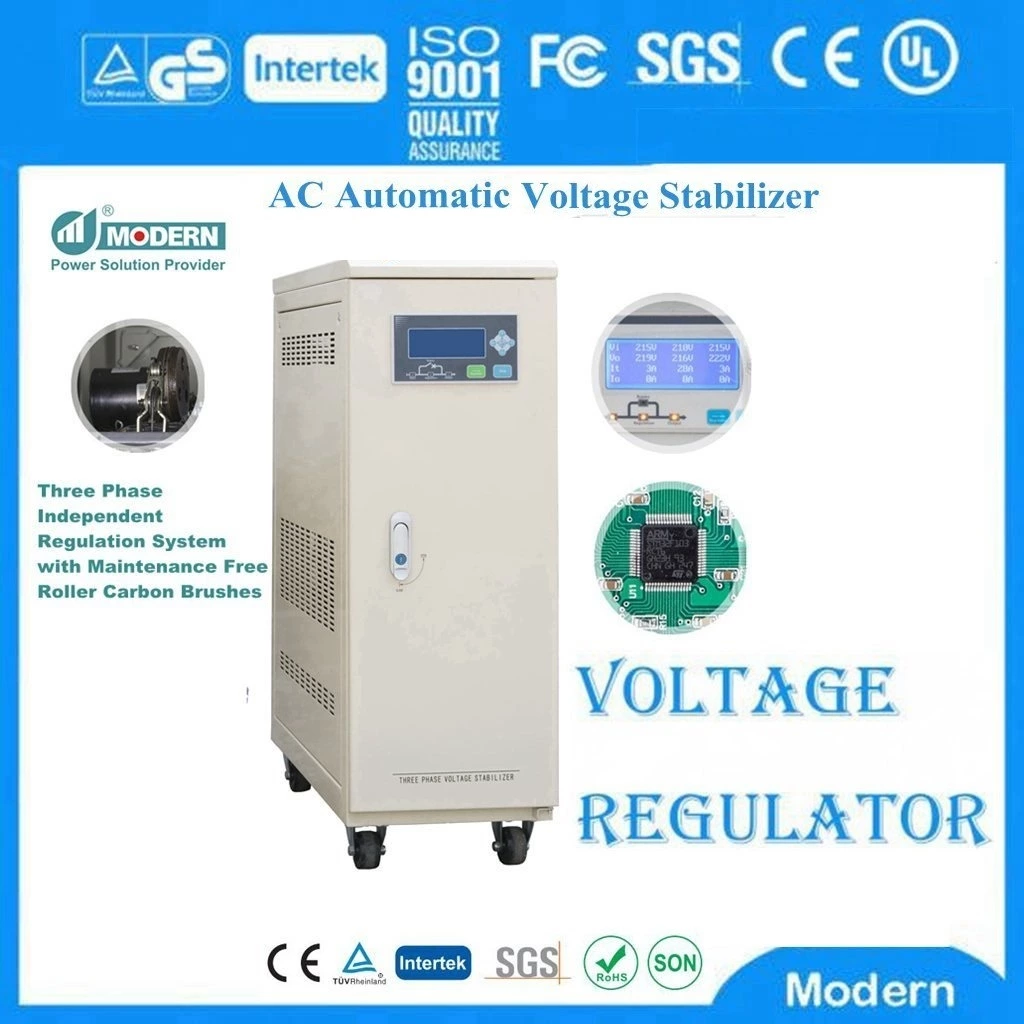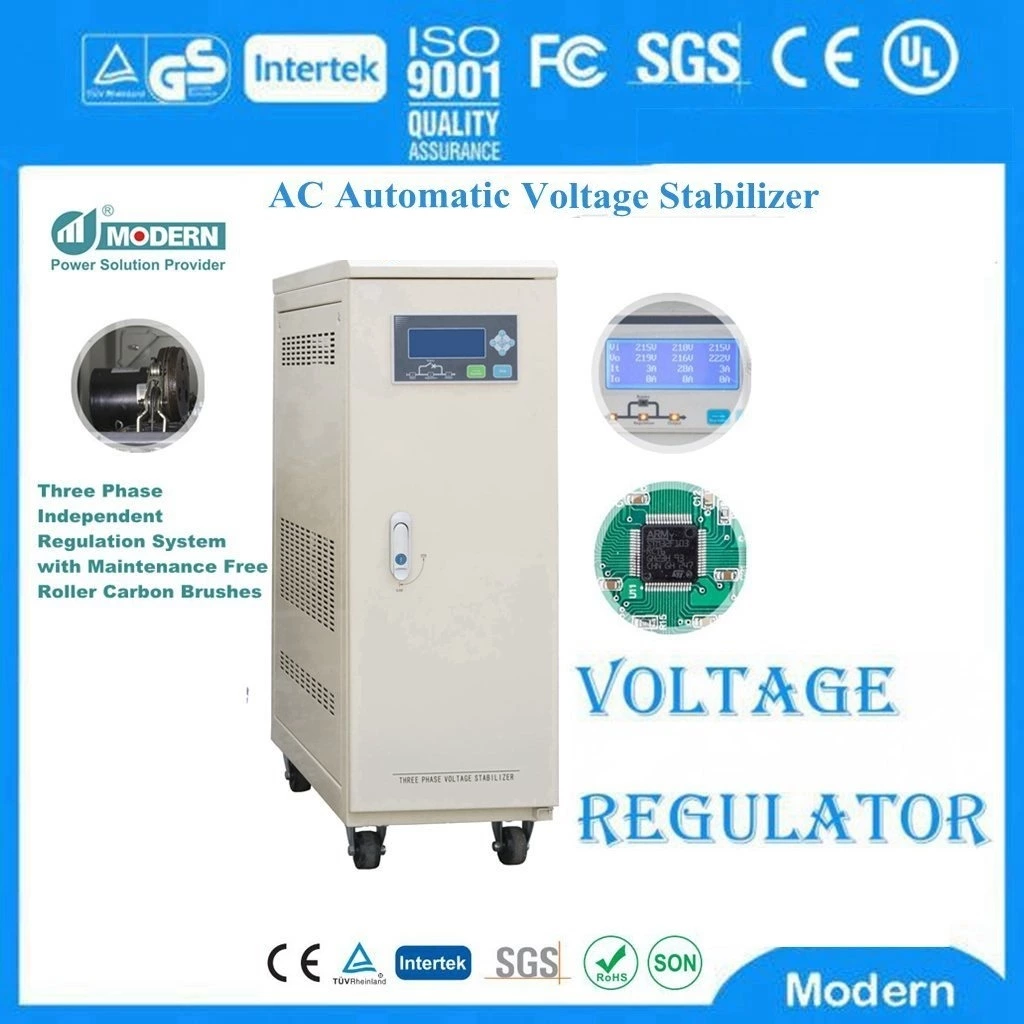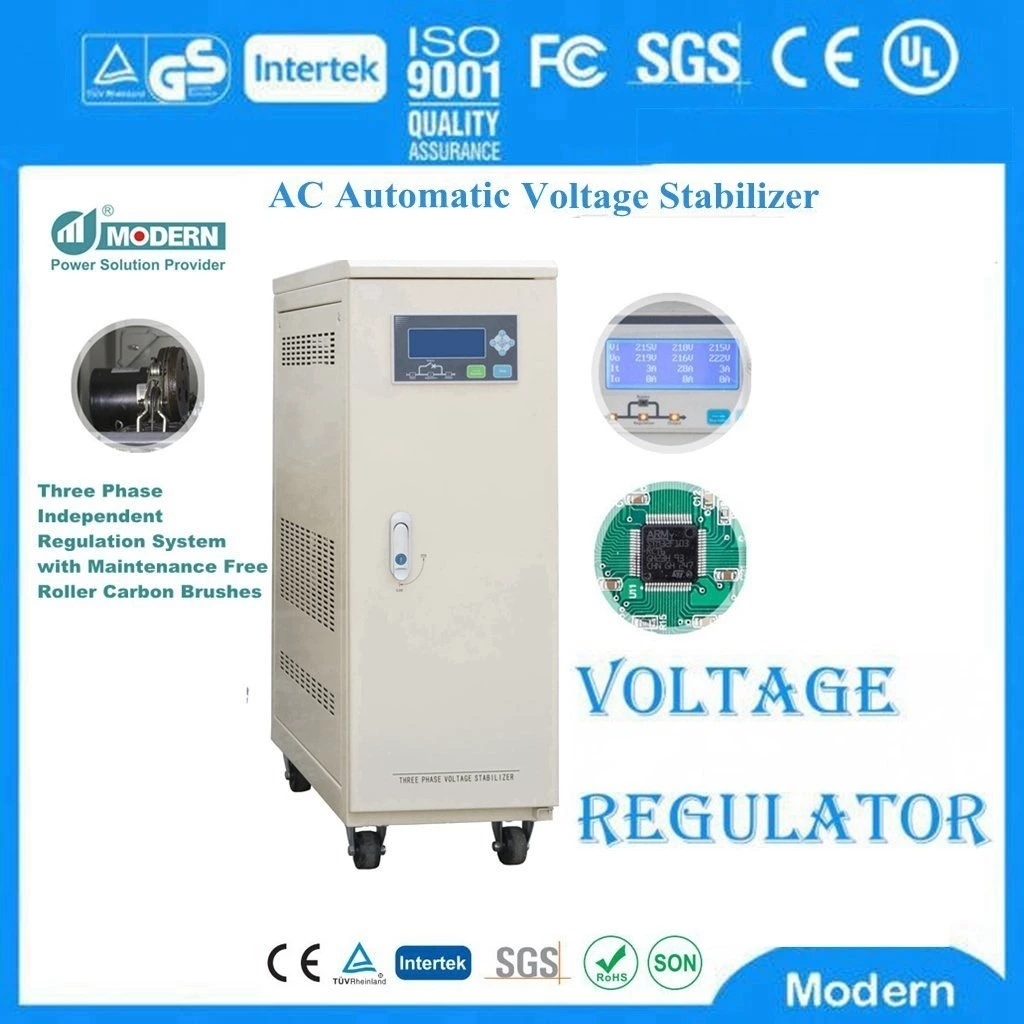The Role Of Uninterruptible Power Supply
The main functions of Uninterruptible Power Supply(UPS) include ensuring continuous power supply, protecting equipment from power problems, and improving system reliability.
Ensure continuous power supply:
When the mains power is interrupted, the UPS can immediately switch to battery power mode to ensure that the connected equipment will not stop running immediately due to power outages. This is crucial for critical equipment and systems, such as medical equipment and data center servers, to avoid serious consequences caused by power outages, such as data loss and system crashes.
Protect equipment from power problems:
UPS has a voltage stabilization function that can adjust the input voltage to the stable voltage range required by the equipment to prevent voltage fluctuations from damaging sensitive equipment. At the same time, it can also filter out noise and interference in the power to ensure that the equipment operates in a pure power environment, thereby extending the service life of the equipment.
Improve system reliability:
The existence of UPS reduces system downtime caused by power problems and buys time for the start-up of backup generators. In critical areas such as hospitals and data centers, UPS ensures uninterrupted operation of equipment and improves the overall reliability of the system.
In addition, UPS is economically effective, reducing repair and replacement costs by preventing equipment damage caused by power problems. At the same time, it also supports remote management, making it easy to grasp the power status in real time and deal with problems in a timely manner, thus improving the level of intelligent management.
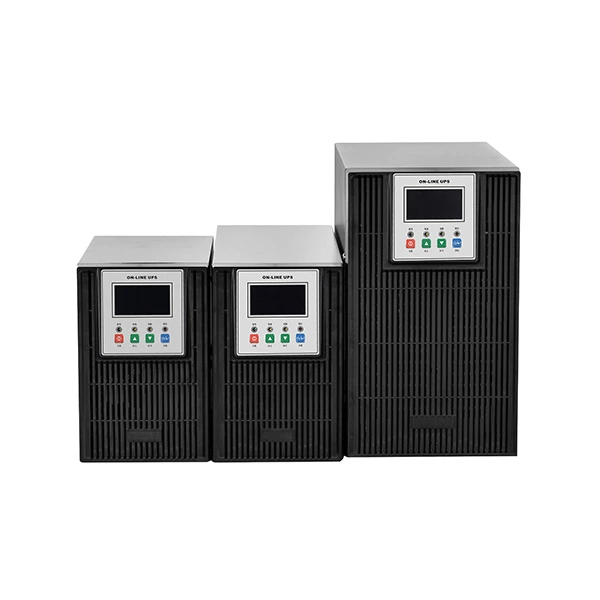
 Русский
Русский
 Français
Français
 Português
Português
 Español
Español
 اللغة العربية
اللغة العربية

